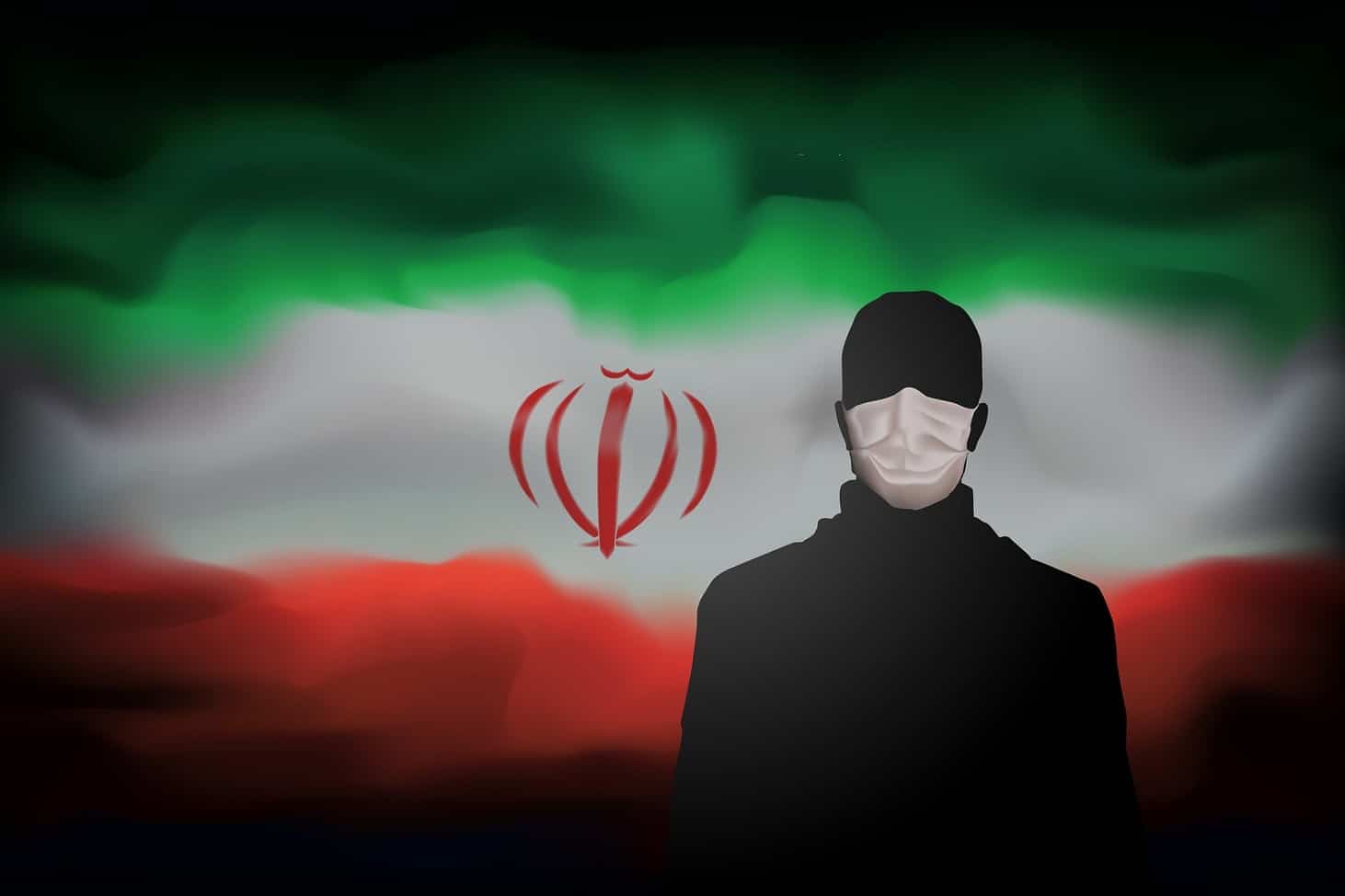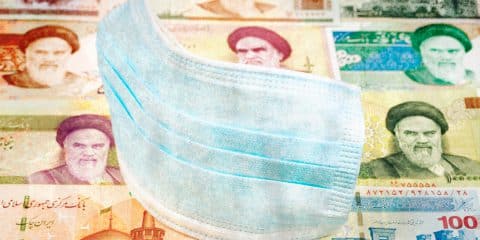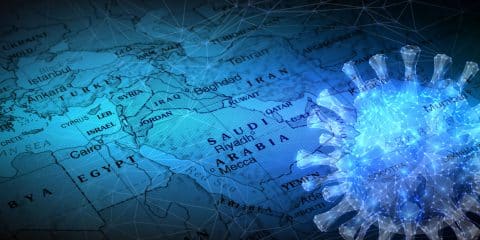In the meantime, it doesn’t seem as though Iran – the driving force behind most of the friction in the Middle East – is changing its plans or abandoning its dreams, whether in Lebanon, Syria, Iraq or even Yemen.
It is difficult to predict what lasting impact the coronavirus pandemic will have on the Middle East, a region long beset by entrenched military, political and economic crises. Yet the outbreak is clearly already heightening uncertainty and exacerbating internal tensions within multiple countries.
The turmoil unfolded on the economic front as oil prices fell alongside global demand—a particularly painful development for the Persian Gulf countries, which heavily rely on energy exports. This quickly led to a clash between Saudi Arabia and Russia over the latter’s unwillingness to stabilize prices by reducing output. Perceiving Moscow’s stance as an attack on its market share, Riyadh increased production in order to further boost tank prices and hurt Russia, which survives almost exclusively on energy exports. It is unclear how Saudi Arabia will itself contend with such low prices, as it needs more than double the current market rate to balance its budget.
In Riyadh, the oil crisis comes amid an internal power struggle within the royal family, which saw Saudi authorities round up two senior royals shortly before price cuts were announced. Mohammed bin Salman, the current crown prince, may have to take tougher measures as the kingdom’s problems—a worsening economic outlook and royal unrest—converge.
Iran has also been dealt blows by falling oil prices, with tumbling revenues intensifying the pressure exerted by American sanctions and its own public-health disaster. The challenge posed by the outbreak itself was needlessly compounded by Tehran’s initial denial of its existence. Out of a potent mix of arrogance, naiveté and perhaps concerns over the response of the Iranian street, the regime delayed efforts to stymie the spread and is now facing a colossal wave of cases that the system is struggling to handle.
Along with this escalating crisis, the regime is still reeling from the U.S. killing of Maj. Gen. Qassem Soleimani, who spearheaded Iran’s aggressive policies across the Middle East, as well as the further erosion of public confidence following Tehran’s initial attempt to conceal its responsibility for the downing of a Ukrainian passenger plane. Iran’s leaders must now navigate the worsening pandemic, along with a weakening economy, lack of public confidence and the loss of a linchpin in the Islamic Republic’s foreign operations.
Efforts to counter the spread of the virus have led to protests in some countries—for instance, Morocco and Iran—while in others, like Lebanon and Syria, there is a sense that authorities are simply not dealing with a massive problem. Despite this dissatisfaction, it remains unclear whether the pandemic will lead to real change in the Middle East.
As long as the Iranian regime does not face a wide coalition of opponents, which can mobilize hundreds of thousands of demonstrators, it doesn’t seem like this situation—with all its difficulty and complexity—will pose an existential threat. More broadly, as long as no ruling regime feels a fundamental loss of control, the authorities, who are experienced with handling the dissatisfaction and alienation that agitate the street from time to time, will be able to confront the challenges raised by the coronavirus.
Until there is a real alternative to the reigning power, the bitter masses will prefer relative stability to anarchy, which has not proven itself a better substitute for corrupt and ineffective governance, even as living conditions deteriorate amid the coronavirus pandemic.
In the meantime, it doesn’t seem as though Iran—the driving force behind most of the friction in the Middle East—is changing its plans or abandoning its dreams, whether in Lebanon, Syria, Iraq or even Yemen. It will continue igniting tensions in these countries, even if the flame has slightly dimmed since Soleimani’s killing. The attacks on U.S. forces in Iraq made clear that the Iranians are continuing to push their agenda, though less vigorously and perhaps less ably.
Will Iran’s status as the regional epicenter for the spread of coronavirus, which is a reality brought about partly due to its disastrous response, hurt it after the dust settles? Will the Iranians who transmit the virus as they move between Iraq, Syria and Lebanon remind Tehran that many people are being unnecessarily harmed, and that the scar their policies have inflicted will remain forever? It is currently impossible to tell, as the crisis is still ongoing, and its conclusion is shrouded in fog.
Published in JNS, 13.4.2020
JISS Policy Papers are published through the generosity of the Greg Rosshandler Family.
photo: Bigstock









 - בניית אתרים
- בניית אתרים